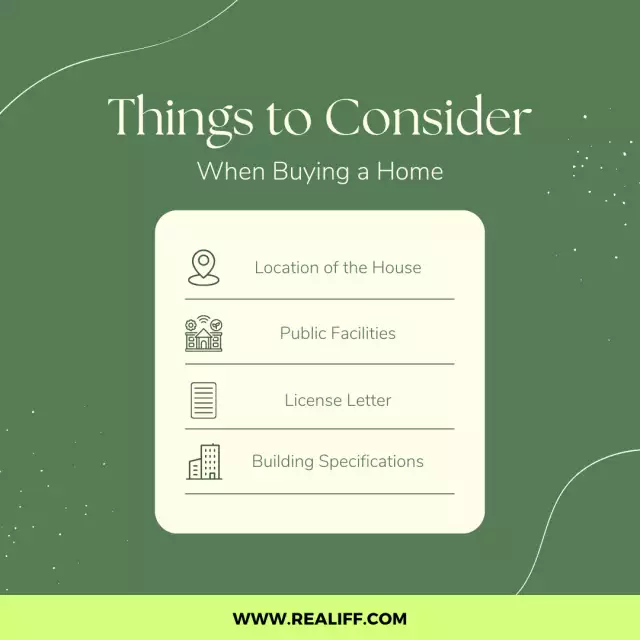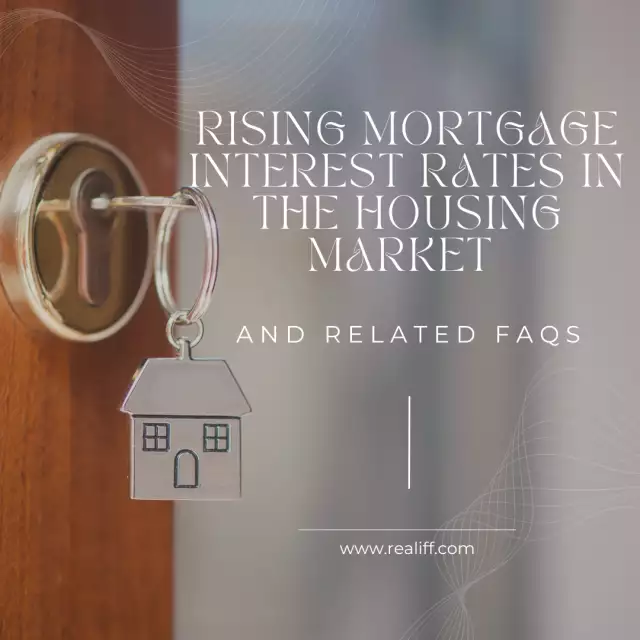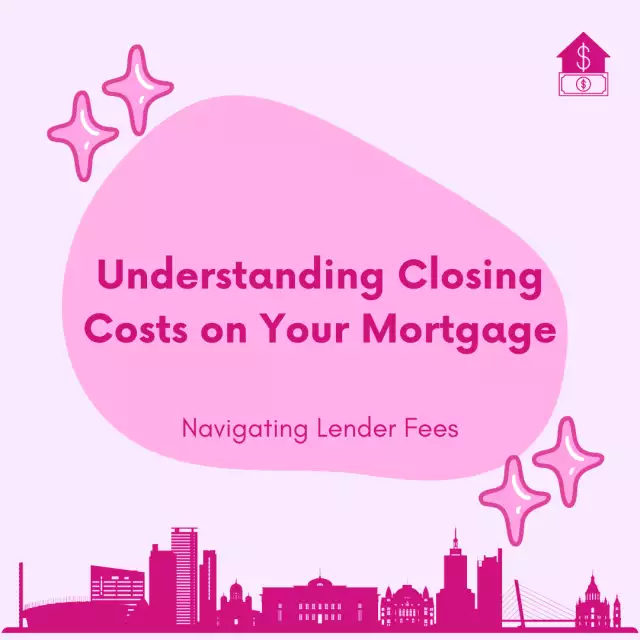Quick Guide on the Impact of Higher Mortgage Rates on Home Sellers!
Quick Guide on the Impact of Higher Mortgage Rates on Home Sellers!
Recently, the real estate markethas been affected by a rise in interest rates. The increase in interest rates has had a significant impact on the buyers, but it has also affected the sellers in a big way. In this guide, we will explore the effects that higher rates have on sellers in the real estate market.
One of the primary effects of higher rates for sellers is that
it can reduce the pool of potential buyers. Higher interest rates
lead to higher
mortgage payments, which can make homes less affordable for
buyers. This can cause a slowdown in market activity and reduce the
demand for properties. A lack of buyers can lead to lower prices
and longer timeframes to sell homes.

Another effect of the higher interest rates is that they can increase the carrying costs for sellers. For example, if a seller has to hold onto a property for longer than expected, they will need to continue to carry the costs of mortgage payments, utilities, and property taxes. This will reduce their profits and increase their overall expenses. Sellers may also face pressure to reduce their asking prices in the face of higher rates. When the market is sluggish and buyers are scarce, sellers may need to drop their prices to attract more interest. This could make it challenging for those who had initially intended to sell their homes for a profit. Higher rates may also slow down the appreciation of home values.
For buyers, higher rates mean they can afford fewer houses with a fixed budget. This often creates a lower demand for homes, which leads to a slower appreciation of home values. The slower the appreciation, the longer it takes for sellers to see a return on their investment. Finally, higher rates may also affect the behavior of potential buyers. In a market where rates are increasing, some buyers may opt to hold on to purchasing a home. They may choose to wait until rates come down or choose to rent until they have saved enough for a down payment. This can further reduce the demand for homes, which can hurt the seller's prospects.
FAQs
1. What do higher rates mean for the real estate market as a whole?
Higher rates can reduce demand, slow appreciation of home values, increase carrying costs for sellers, and reduce the pool of potential buyers, all of which can affect the real estate market as a whole.
2. How does a rise in interest rates affect the behavior of potential buyers?
Potential buyers may choose to hold o on to purchasing a home or opt to rent until they have saved more for a down payment, reducing demand in the real estate market. 3. How can sellers navigate a market with higher interest rates? Sellers can partner with experienced real estate agents, reduce asking prices, stage the property appropriately for sale, and market their homes to potential buyers effectively.
4. Do higher interest rates affect all types of real estate properties equally?
No. It largely depends on the particular market and the type of property. For example, higher interest rates may not have as much of an impact on luxury real estate properties as they do on starter homes.
5. What are the potential long-term consequences of higher interest rates in the real estate market?
Higher interest rates may lead to a slowdown in the market and could result in less activity, less demand, and a lower appreciation of home values in the long term. However, this largely depends on the severity and duration of higher rates.
In conclusion, higher interest rates have a significant impact on the real estate market, and this includes the sellers. From less demand to higher carrying costs, a lot of changes when interest rates go up. Experienced sellers and real estate agentsunderstand this dynamic and are often able to navigate these shifts to ensure a successful transaction.






